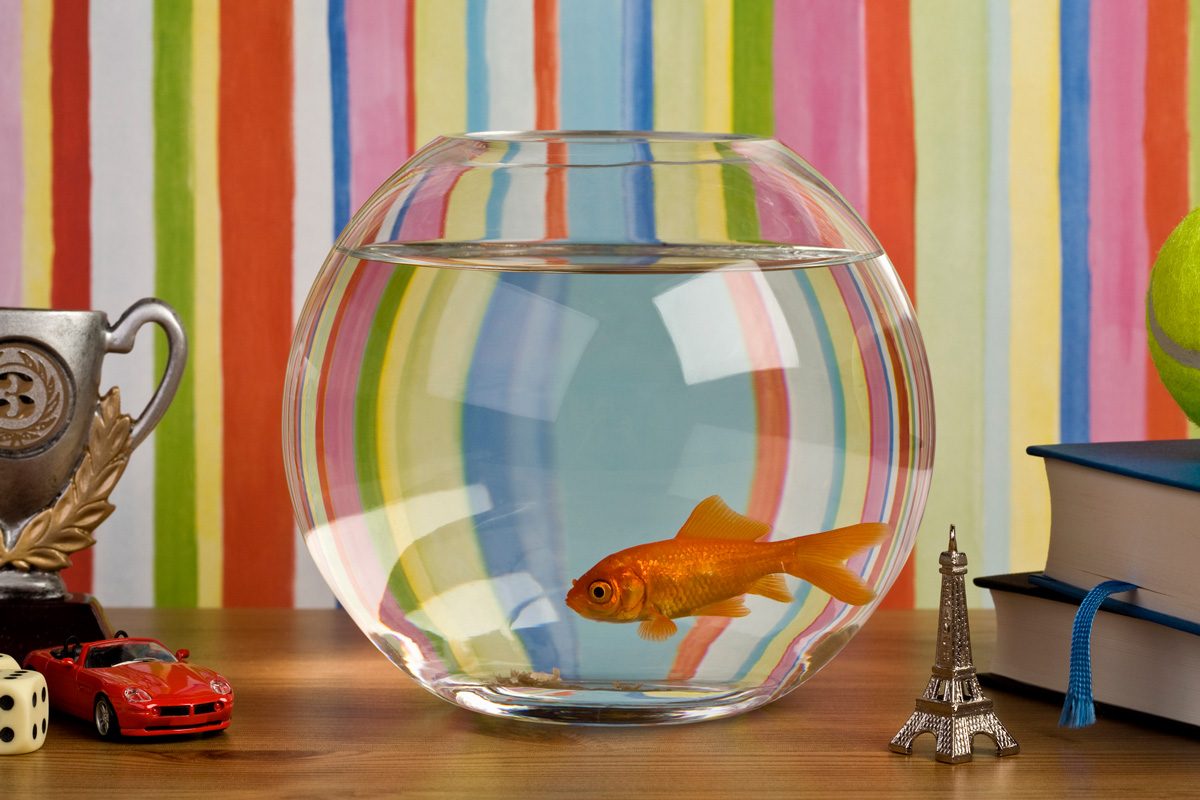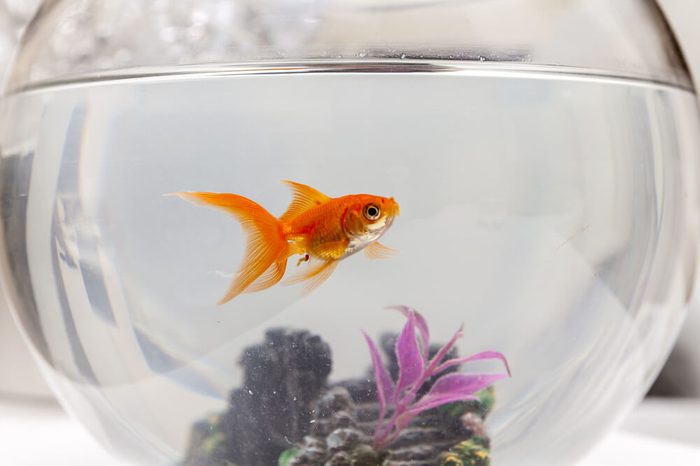Everyday stuff that we take for granted could be things banned around the world. Here's what's happening, and why.

17 Bizarre Things That Have Been Banned Around the World


Baby walkers
When you hear about this one, you’ll wonder why these things banned around the world aren’t banned everywhere. Thousands of children end up in the emergency room every year due to injuries from baby walkers, most of which are stair falls. Other risks include drowning and burns, as babies can zoom around at multiple feet per second toward a swimming pool or hot stove. Canada became the first country to ban the sale, importation and advertisement of baby walkers back in 2004, and violators can be fined up to $100,000. The American Academy of Pediatrics calls them unsafe, and advocates for a ban on the manufacture and sale of baby walkers in this country too.

Ketchup
In France, condiments are offered on a limited basis in public schools in an effort to improve the quality of school meals. Ketchup can only be served with French fries, or pommes frites, and that dish may only be served once a week. In addition, the rule put an end to free access to the condiment, even on days it’s served. The rule also applies to mayonnaise and other sauces.

Valentine’s Day
The annual celebration of love, chocolate and commerce has a different reception in Pakistan, Indonesia and Saudi Arabia. Pakistan banned the holiday in 2017 on the grounds that the holiday runs contrary to Muslim teachings, and Indonesia, Malaysia and Saudi Arabia have also flirted with bans and restrictions over the years.

Obesity
If you live in Japan and are between the ages of 40 and 74, your employer is empowered to measure your waistline. The “Metabo Law” was instituted in 2008 to curb rising obesity rates and promote healthier lifestyles. It’s not illegal to be overweight, and you won’t be fined or jailed. But if your waistline is larger than the government-mandated limits, you’re given dietary guidance and your company could be fined.

Mullets and ponytails
Iran outlawed the mullet in 2010 as part of its efforts to curb Western fashion trends. If you defy the ban, the government could arrest you and cut your hair, according to the BBC’s Behzad Bolour, speaking to PRI’s The World. And the mullet’s not the only banned coiffure: Other western influences like ponytails and even hair mistakes like wearing too much hair gel run afoul of the law.

Lacy underwear
In 2013, Russia, Belarus and Kazakhstan introduced a ban on lacy lingerie. The new textile regulations required that any clothing worn directly on the skin must contain at least 6% cotton. Health officials argued that purely synthetic fabrics like lace don’t allow the skin to breathe properly, potentially leading to irritation and other hygiene concerns.

Reincarnation
The concept of rebirth, or reincarnation, has been a central tenet of Buddhism for thousands of years. But monks in Tibet have an extra hurdle on their path to enlightenment: the Chinese government. Since 2007 they have regulated the recognition of reincarnate lamas, who are the spiritual leaders of the religion. Human Rights Watch says that the law is an attempt to control the future of Tibetan Buddhism.

Chewing gum
The Singapore government banned chewing gum back in 1992 to stop vandals from using it to block sensors on public transit. Preventing litter was also a stated goal, and the ban is still going strong more than 30 years later. (There are exceptions for nicotine gum and dental health gum, according to Singapore’s National Library Board.) The country takes the ban very seriously too, with large fines and even jail time the possible repercussions.

Goldfish bowls
If you want to keep goldfish in Rome, you have to give them a proper habitat. Specifically, you cannot keep them in a traditional round bowl. It’s considered cruel since the spherical container limits oxygen flow and can cause them to go blind. Another part of the law says you can’t give away goldfish, or any other animal, as a prize.

Not walking your dog
Speaking of Rome, the city has another regulation aimed at helping animals: Walking your dog is a requirement. Passed the same time as the goldfish rule, the law would make it seem Rome and Italy in general have a soft spot for animals. The city of Turin requires three walks a day, and Rome also disallows tail docking for aesthetic reasons. Nationwide, the law calls for jail time for people who abandon cats and dogs.

Running out of gas
In Germany, you’re banned from stopping your vehicle on the Autobahn, which is the central highway system that famously has no speed limits. While that’s not entirely true, as they do enforce limits near cities and during construction, what’s 100% true is that you can’t stop your car. Yep, even if you run out of gas: It’s seen as an avoidable situation.

Candy eggs
Kinder Surprise Candy Eggs are banned in the United States under the section of the 1938 Food, Drug and Cosmetic Act that bans adulterated food. The plastic eggs with the toys inside are “non-nutritive objects,” which are not allowed to be concealed within a chocolate coating. People have actually been detained in airports and at border crossings after being found with the contraband, though it’s often a case of ignorance of the law.

High heels
Greece has banned visitors from wearing heels at the country’s many historical sites since 2009. Millions of people tread over the country’s ancient ruins every year, and high heels just put too much stress on the priceless landmarks. The regulations also targeted food and drink and chewing gum. NPR reported that officials once scraped 60 pounds of the gunk off theater seats at the Odeon, in Athens.

Pennies
In Canada, you’re not allowed to use more than 25 pennies (lucky or otherwise) in one transaction. They have other coin laws, too, aimed at preventing people from paying for, say, $100 worth of groceries with a bunch of coins. Not only that, but pennies are no longer minted in Canada. That happened way back in 2012, when the country phased out the denomination due to it costing more to mint than it was worth.

Foreign music
The president of Turkmenistan, Serdar Berdimuhamedow, is notorious for exerting control over cultural matters in this Balkan country. Like his father before him, he rules the country in a totalitarian dictatorship. In 2024, the younger leader issued a proclamation that banned foreign music from weddings, and even stranger, required that the blissful couples include his father’s tunes, which Radio Free Europe describes as “musically mediocre.”

Meme creation
Creating and sharing memes might seem like harmless fun, but in Australia it could get you in trouble for copyright violation. The country has some of the stricter laws in this arena. Professor Alexandra George at the University of New South Wales in Sydney explains on their website that in Australia, you generally need permission from the copyright holder to make an adaptation of the work—including a meme. The professor contrasts the Aussie rules with fair use laws in the United States, and says even if many copyright holders don’t bother taking the time to sue, “it’s still a risk.”

Blue jeans
North Korea’s been banning these symbols of Western imperialism since the 1990s, and they show no signs of slacking off. In 2024, the BBC reported that a 2010 British gardening program made it to the air in North Korea, and the host’s blue jeans were blurred out. (The host, Alan Titchmarsh, said it gave him “a bit of street cred.”)
Why trust us
At Reader’s Digest, we’re committed to producing high-quality content by writers with expertise and experience in their field in consultation with relevant, qualified experts. We rely on reputable primary sources, including government and professional organizations and academic institutions as well as our writers’ personal experiences where appropriate. We verify all facts and data, back them with credible sourcing and revisit them over time to ensure they remain accurate and up to date. Read more about our team, our contributors and our editorial policies.
Sources:
- American Academy of Pediatrics: “Baby Walkers: A Dangerous Choice”
- Government of Canada: “Health Canada warns that baby walkers available on eBay.ca may pose a risk of injury”
- Diplomat: “As the World Celebrates Valentine’s Day, Has Indonesia Lost Its Loving Feeling?”
- Human Rights Watch: “Chinese Authorities Double Down on Tibetan Reincarnations”
- National Library Board (Singapore): “Chewing gum is banned”
- NBC News: “Rome bans goldfish bowls, orders dog walking”
- NPR: “Heels, Food Banned From Ancient Greek Sites”
- CBC: “Canada’s penny withdrawal: All you need to know”
- Radio Free Europe: “Turkmen Ordered To Play Ex-President’s Songs At Weddings, With Foreign Music Banned”
- University of New South Wales, Sydney: “Do memes infringe on copyright?”
- BBC: “North Korea TV censors Alan Titchmarsh’s trousers”




















